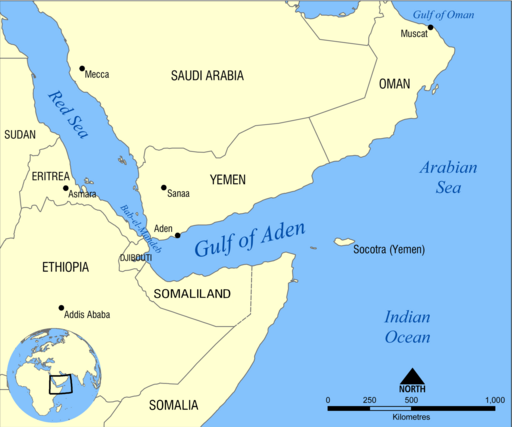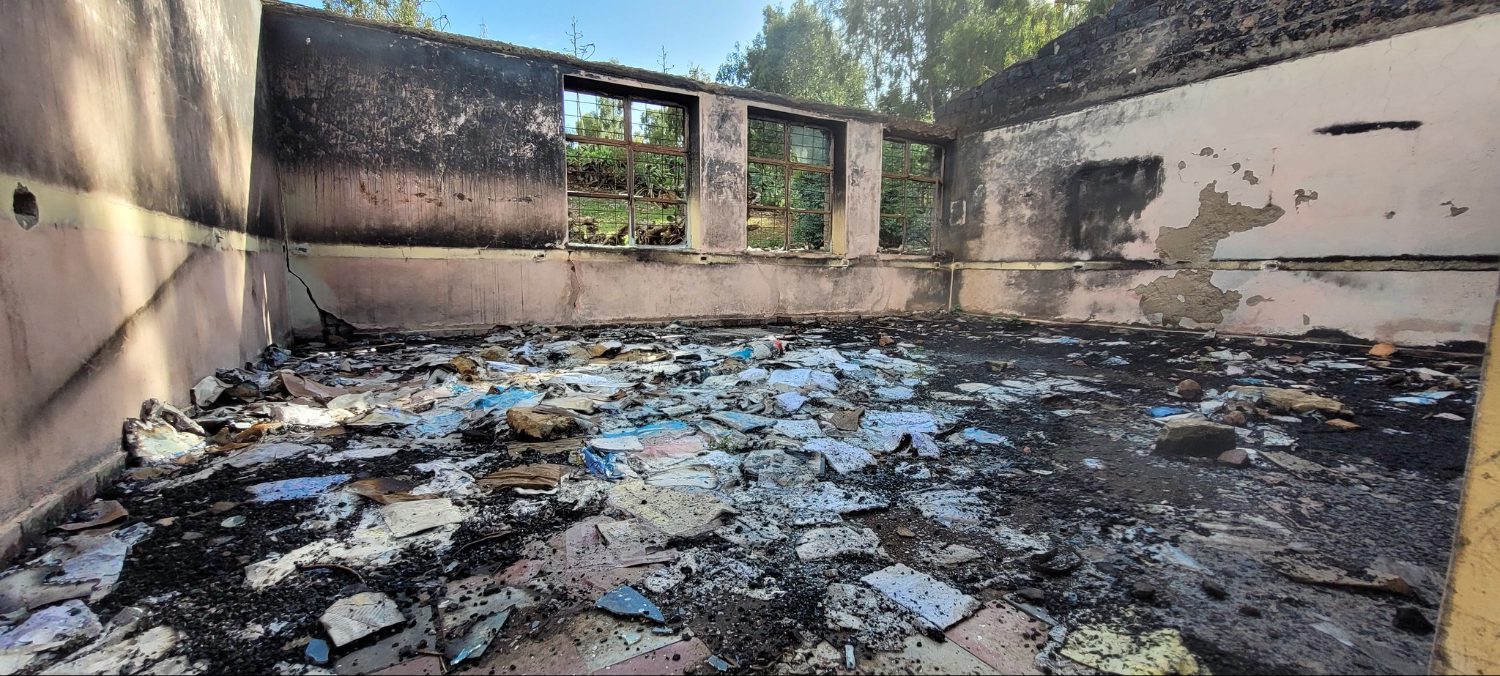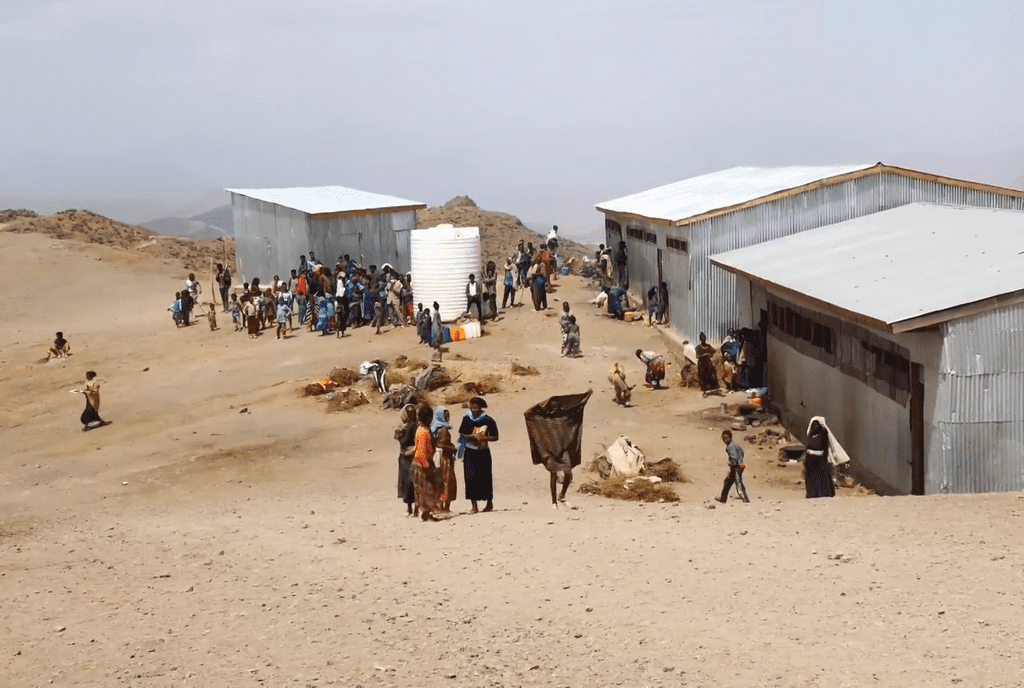Ethiopia’s Prime Minister Abiy Ahmed has committed yet another diplomatic blunder. This time it was with Somalia over a Memorandum of Understanding (MoU) for partnership and cooperation signed with Somaliland on January 1, 2024. The episode cements Ethiopia’s diplomatic fall from grace and shift from an institutional foreign policy approach to a transactional and personalized one.
This pivot in approach is assessed in a paper “Ethiopia’s Pivot from Institutional Regional Diplomacy to Populist Peacemaking,” published today. The paper takes Prime Minister Abiy’s 2019 mediation initiative in Sudan and puts it in the ‘populist peacemaking’ analytical framework. It demonstrates that the initiative (i) rejected diplomatic expertise, established rules, and practices of mediation, (ii) put the prime minister himself in the spotlight, and (iii) was presented as way to address the people’s needs.
Despite, the short-lived positive outcome in enhancing Abiy’s image, in the longer term the initiative catalyzed the deterioration of relations between Ethiopia and Sudan. It sparked a border dispute between the two countries and catapulted the shift in Sudan’s balanced position on the negotiations over the Grand Ethiopian Renaissance Dam (GERD), away from Ethiopia and towards Egypt. Ethiopia’s peacekeeping forces under the United Nations Interim Force in Abyei (UNISFA) were forced to withdraw upon Sudan’s request. Ethiopia’s chapter of peace and security dominance in the region came to a close.
Abiy resorted to a tactical, transactional, and personalized approach to diplomacy that focused on his office and person. His approach aims at power consolidation, political survival, and maintaining the image of a ‘peace laureate’. It abandoned the relatively institutional, and collaborative approach followed by successive Ethiopian regimes that had Ethiopia’s century-old diplomatic institution at its heart, and which strategically and effectively utilized regional organizations to advance Ethiopia’s national interest.
Populist Peacemaking and The MoU with Somaliland
Under the yet-to-be-disclosed deal, Ethiopia will acquire 20 kilometers of the coastline of Somaliland as a naval base providing in return shares from Ethiopian Airlines and recognizing Somaliland as an independent state.
It was a surprise move that enraged Somalia, which turned up the diplomatic heat. Mogadishu threatened to go to the International Court of Justice accusing Ethiopia of violating international law as well as the spirit of good neighborliness. President Hassan Sheikh Mahmoud visited Asmara and agreed to address ‘provocative agendas’ with President Isaias. In Cairo, he secured Egypt’s affirmation of support for Somalia’s Security and stability. The CIA head also visited Mogadishu.
The international community stood in support of Somalia. The African Union Peace and Security Council expressed its concern and called for dialogue. Intergovernmental Authority for Development (IGAD) reaffirmed its support to Somalia at its 42nd Extraordinary Assembly where Ethiopia was a conspicuous absentee. The UN, EU, the League of Arab States, Djibouti, Turkey, and the U.S. issued statements calling for de-escalation and respect for Somalia’s territorial integrity and sovereignty.
Even the United Arab Emirates—Abiy’s number one backer—made a statement in support of Somalia’s territorial integrity at the Arab League.
The episode united various factions in Somalia, until that time at each other’s throats. Public anger, threats, and accusations against Ethiopia have flared. Somali government officials and Al Shabab issued similar warnings. Signs of Somali irredentism have been resuscitated. Calls for the relocation of the AU Headquarters from Ethiopia resurfaced. Ethiopian Airlines was refused entry into Somalia’s airspace and a flight was forced to return. The fate of Ethiopian peacekeeping troops in Somalia remains uncertain. Meanwhile, the risk of a potential military escalation with Eritrea over access to the Red Sea still looms.
The MoU with Somaliland is a continuation of Abiy’s ‘populist peacemaking’ approach to diplomacy. It sidelined institutions, experts, and norms. While being presented as fulfilling the general will of Ethiopians, it was only successful in putting the prime minister in the limelight.
Abiy has institutions, experts, and the precedents at his disposal that would have helped in preventing a diplomatic blunder. However, institutions and experts are too slow for political expediency and do not suit his tactical and personalized approach to foreign policy.
It seems the MoU with Somaliland was entered into without the significant involvement of the Ministry of Foreign Affairs and its seasoned experts. The staff of the Ministry were briefed about the MoU two days after its signing. Currently, the Ministry is busy with damage control and desperately attempting to put out the diplomatic fire started by Abiy.
Abiy should have been renegotiating the 2017 deal which enabled Ethiopia to gain a 19% stake in Somaliland’s Berbera Port without any fanfare and concession. A discreet adjustment status quo was perfectly workable. But Abiy’s style demands spectacle.
Any success of the deal, if at all, lies in diverting attention from Ethiopia’s internal crisis and putting Abiy in the spotlight.
The impact of the deal was blown out of proportion. a signing ceremony was staged against standard diplomatic protocol. Abiy used it to underscore delivering on his promise of securing access to the sea. On his X handle, thanked God and stated the day marked the “correction of Ethiopia’s fractures”.
Abiy’s advisors attempted to sell the deal as a strategic diplomatic victory. Their messaging stressed how the deal proved warmongers who were predicting war with Eritrea wrong.
State media presented Abiy as the architect of the deal. Ethiopian experts, scholars, and analysts highlighted Abiy’s visionary leadership and echoed the advantages of the deal.
These scenes reflect Abiy’s desperation for any sort of victory; his desire to leave a manufactured legacy and regain popular legitimacy.
The discourse surrounding the deal focused on addressing the general will of all Ethiopians. Ethiopia’s Government Communication Office in its communique articulated the signing of the MoU as a historical event that “created an opportunity to cure the decades-old stress and anxiety of Ethiopians”. It stated that the deal “made Ethiopians happy” and called on friends of Ethiopia and members of the international community to be pleased as well.
In the final analysis, the implementation of the deal remains doubtful. Some scholars argue the lack of formal ratification and the unprecedented regional and international backlash would mean the MoU remains no more than a gentleman’s agreement. The deal united Ethiopia’s adversaries and left its national security in a precarious position.
Eliab Tsegaye Taye is a Master in Global Affairs (MGA) candidate at Fletcher School, Tufts University. Eliab has served as an Ethiopian Foreign Service Officer with the rank of Counsellor at the Ethiopian Embassy in Khartoum, Sudan, and Second Secretary at the Permanent Mission of Ethiopia to the United Nations, New York, USA. Eliab is also a part-time researcher at the World Peace Foundation with a particular research focus on conflict dynamics, peacemaking, and security in the Horn of Africa and the Red Sea regions.
Image: NormanEinstein, CC BY-SA 3.0 https://creativecommons.org/licenses/by-sa/3.0, via Wikimedia Commons



